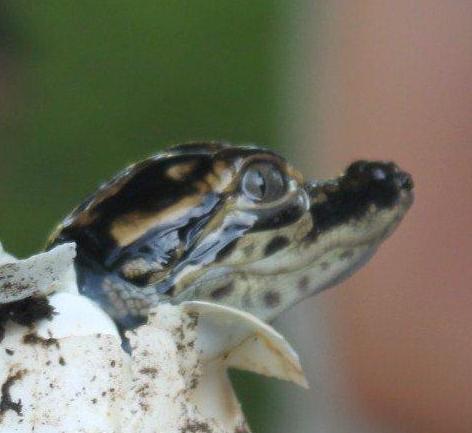Program - Guided Nature Hike and Nature Center tour
Description - A ½ or 1 mile guided nature hike through a bottomland hardwood forest and around several aquatic ecosystems. Hike leaders will discuss native plants and animals, ecosystems and how they interact with one another. Students will be allowed to tour the nature center at their own pace, ask questions, view exhibits and touch a live animal.
Time required - Approximately 2 - 3 hours
Size requirements - less then 100 students, students will be divided into smaller groups
SCHOOL GROUP FEES
Guided Nature Hikes (Creekfield Lake and 40 Acre Lake)
- 1 - 20 Students - $40.00
- 21 - 40 Students - $60.00
- 41 - 60 Students - $80.00
- 61 - 80 Students - $100.00
- 81-100 Students - $120.00
Classroom Programs
Unfortunately all classroom programs have been suspended indefinitely.
- Reptile Program
- Mammal Program
- Bird Program
- Aquatic Invertebrate Program (available for grades 3 - 5)
No charge for Nature Center
Reservations must be made in advance and are subject to availability
The following Texas Essential Knowledge and Skills (TEKS) for Grade 2 Science will be addressed with this program
§112.4. Science, Grade 2
(a) Introduction.
(2) As students learn science skills, they identify components and processes of the natural world including the water cycle and the use of resources. They observe melting and evaporation, weathering, and the pushing and pulling of objects as examples of change. In addition, students distinguish between characteristics of living organisms and nonliving objects, compare lifelong needs of plants and animals, understand how living organisms depend on their environments, and identify functions of parts of plants and animals
(b) Knowledge and skills.
(2) Scientific processes. The student develops abilities necessary to do scientific inquiry in the field and the classroom. The student is expected to:
(A) ask questions about organisms, objects, and events;
(4) Scientific processes. The student uses age-appropriate tools and models to verify that organisms and objects and parts of organisms and objects can be observed, described, and measured. The student is expected to:
(B) measure and compare organisms and objects and parts of organisms and objects, using standard and non-standard units
(6) Science concepts. The student knows that systems have parts and are composed of organisms and objects. The student is expected to:
(A) manipulate, predict, and identify parts that, when separated from the whole, may result in the part or the whole not working, such as flashlights without batteries and plants without leaves;
(C) observe and record the functions of plant parts; and
(D) observe and record the functions of animal parts.
(8) Science concepts. The student distinguishes between living organisms and nonliving objects. The student is expected to:
(A) identify characteristics of living organisms;
(10) Science concepts. The student knows that the natural world includes rocks, soil, water, and gases of the atmosphere. The student is expected to:
(A) describe and illustrate the water cycle; and
(B) identify uses of natural resources.
|




